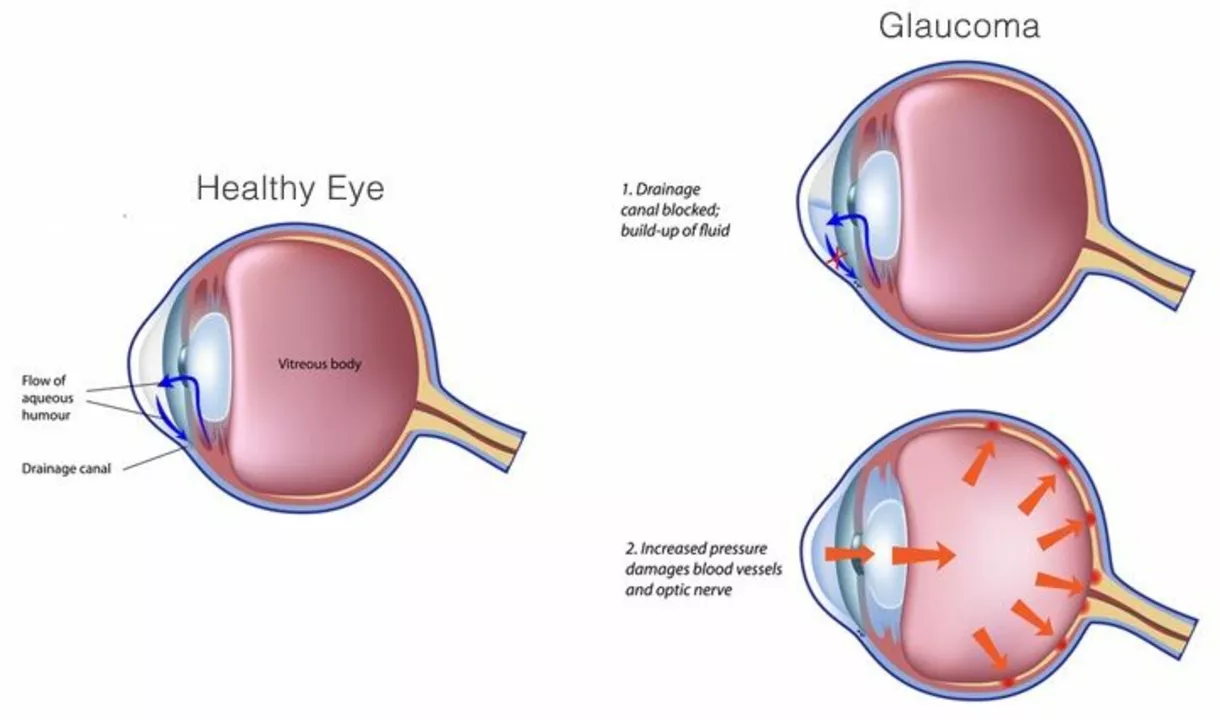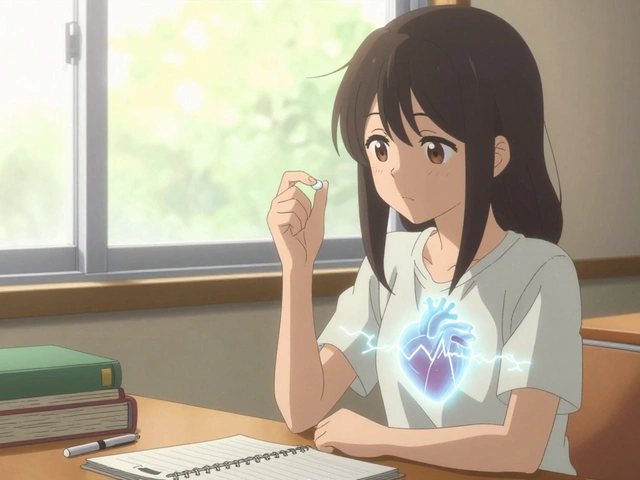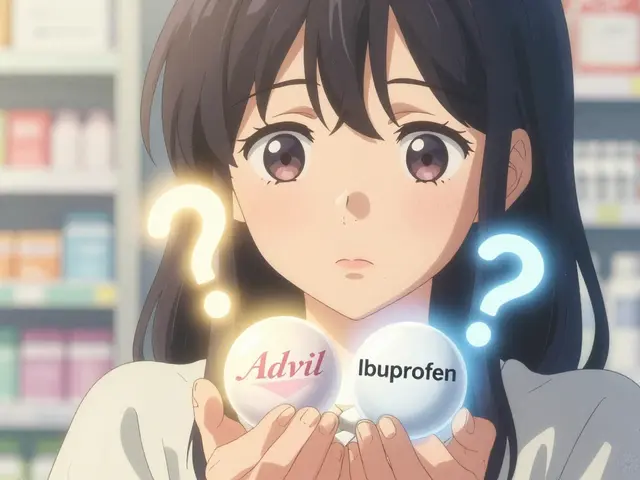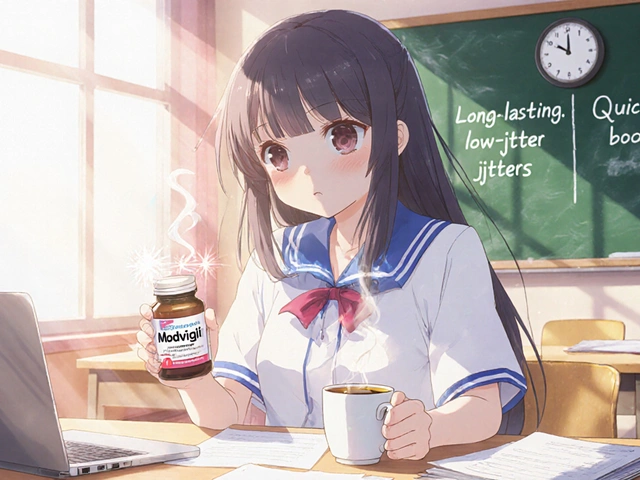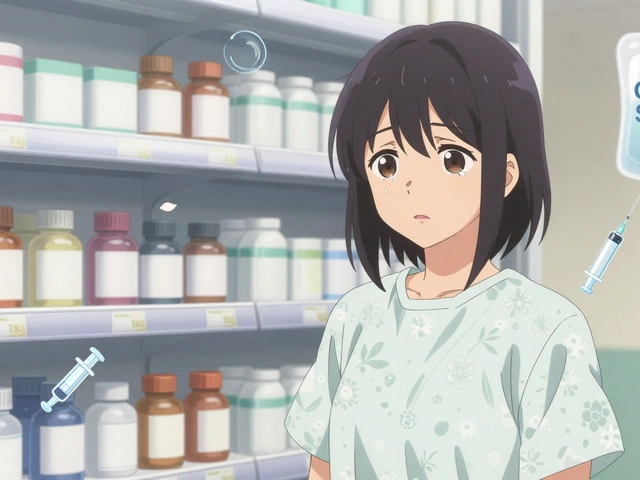Ocular Pressure Prevention: Practical Steps to Protect Your Vision
High eye pressure (intraocular pressure, IOP) can damage your optic nerve long before you notice vision changes. The good news: small, consistent habits and timely care make a big difference. Below are clear, no-nonsense steps you can use right away to lower risk and keep your eyes healthy.
Testing and medical steps that matter
Get regular eye exams. If you’re over 40, diabetic, or have a family history of glaucoma, see an eye doctor every 1–2 years. Tests that catch pressure issues early include tonometry (measures IOP), optic nerve imaging, and visual field testing. If the doctor finds high pressure, follow their treatment plan — early treatment prevents irreversible damage.
If your doctor prescribes drops, take them exactly as directed. Eye drops are the frontline defense: they lower IOP and reduce the chance of nerve damage. Learn proper drop technique (tilt head back, pull lower lid, drop in, press the inner corner for 1 minute to limit systemic absorption). Missing doses or stopping early lets pressure rise again.
Daily habits to help lower eye pressure
Move your body. Regular aerobic exercise — walking, jogging, cycling — lowers IOP for many people. Aim for 30 minutes most days, but avoid head-down yoga poses and inverted positions that can spike pressure temporarily. Sleep with your head slightly raised using a wedge pillow; sleeping flat can increase eye pressure during the night.
Watch what you drink and how fast you drink it. Large, quick gulps of fluid (like chugging a big bottle) can briefly raise IOP. Sip liquids slowly throughout the day instead. Limit caffeine if you notice pressure changes; it can raise IOP a bit in some people.
Manage health conditions that affect eyes. Keep blood pressure and blood sugar under control — uncontrolled hypertension or diabetes raises glaucoma risk. If you smoke, quit. Smoking worsens blood flow to the optic nerve and increases risk over time.
Be cautious with steroids. Long-term use of steroid creams, pills, or inhalers can raise eye pressure for some people. Don’t stop medications on your own, but ask your doctor if a non-steroid option exists or if your eyes should be monitored while taking steroids.
Nutrition and supplements can help overall eye health, though they’re not a substitute for medical care. Keep a balanced diet rich in leafy greens, omega-3s, and nuts. Talk to your eye doctor before starting any supplement specifically for eye pressure.
If drops don’t control pressure, modern options exist: laser trabeculoplasty or small surgical devices can lower IOP with fewer meds. Discuss benefits and risks with your specialist — the goal is preserving vision with the least daily burden.
Final practical tip: know your numbers. Ask your doctor for your IOP and optic nerve status at each visit and note any changes. Early action beats emergency fixes. Keep appointments, follow treatment, and adopt a few daily habits — that combo prevents most pressure-related vision loss.

